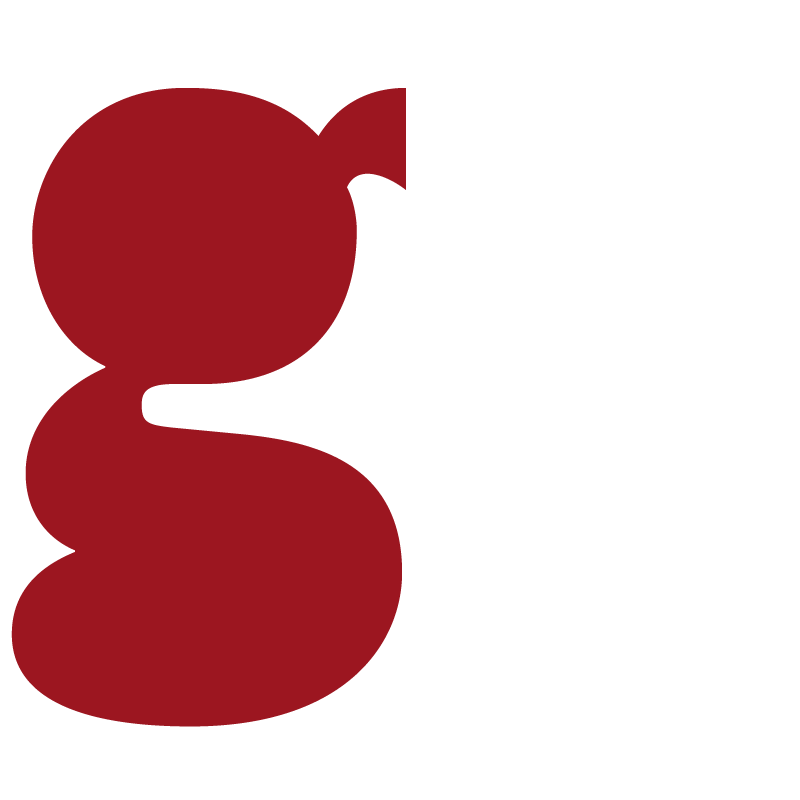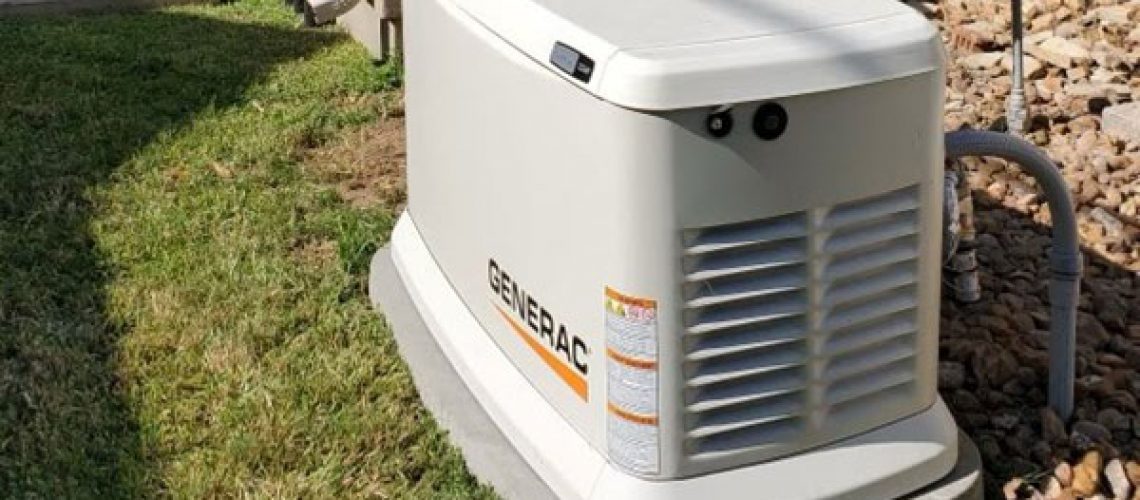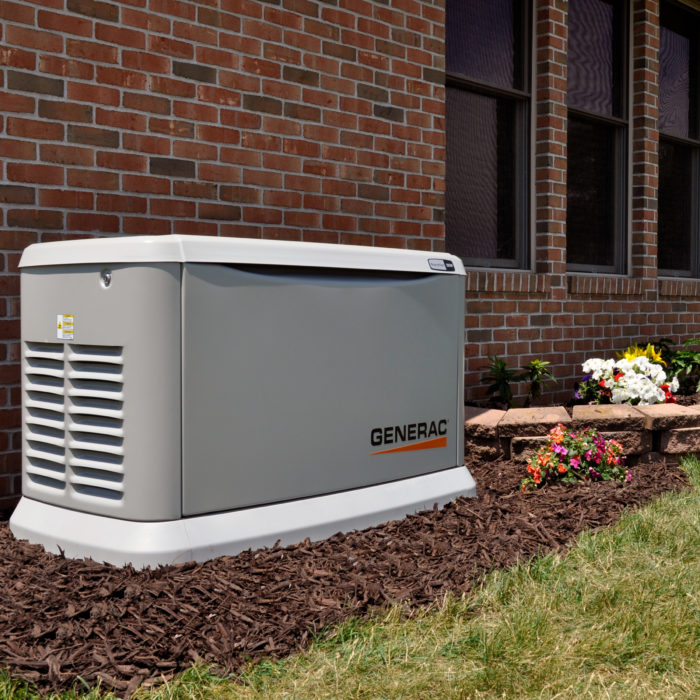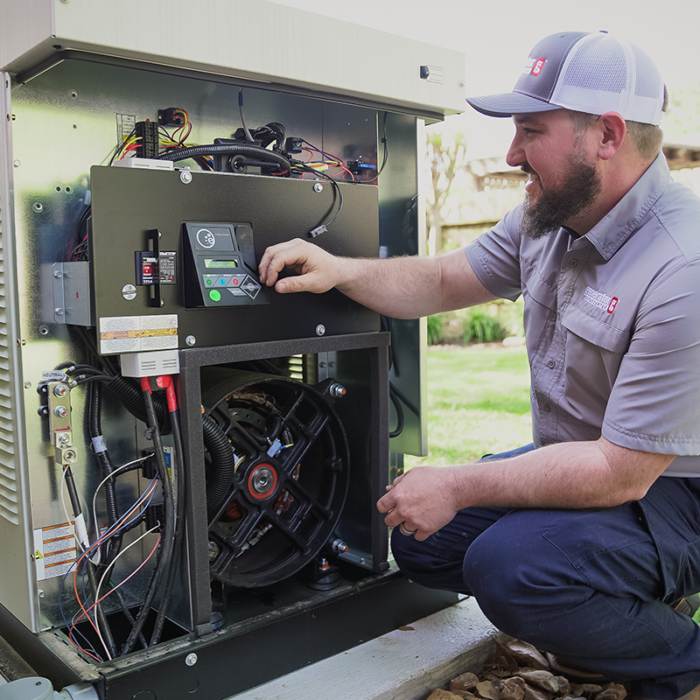Given Florida’s storms, having a backup generator is worth it for many people. Correct generator sizing helps ensure that you get the power you need without paying for excess capacity. Not many people know the answer to “How big of a generator do I need?” without a bit of help.
At Generator Supercenter, we have the expertise to find the perfect power solution, whether you have a small house or a larger business. Let us help you understand what size generator you need.
Types of Generators
Most generators are gas-powered generators that use propane, natural gas, or diesel. It is possible to get a solar generator or a battery generator, but the latter may not last through extended power outages.
There are three types of generators you can get:
- Portable generators. Portable generators produce a small amount of electricity but can be used to provide emergency power by running your most essential appliances. Portable generators are most often used for camping or tailgating.
- Inverter generators. These are efficient generators that can also produce DC power and are often used in RVs and to charge battery-operated devices. They are portable and produce less power, but are great for, for example, charging your phone at a baseball game.
- Whole house generators. If you regularly experience blackouts and/or storms, it’s worth investing in a whole-house generator. This is hardwired to your home, and you can get one that switches on automatically when power is interrupted.
Never use a generator inside a structure as they can produce toxic carbon monoxide, with potentially lethal results.
What Size Generator Do I Need?
You need a generator that powers the devices you need to keep power during a storm. That depends on your lifestyle. Some people might be asking, “how many watts does a TV use?” while others might only be worried about keeping the food cold in the fridge and having basic lighting.
Alternatively, you may want to choose a whole-house generator that can power your entire house. They can be very expensive, but many people find it worth it. Many whole-house generators can run for days or even weeks without needing to fuel. It’s a good idea to choose a whole-house generator if you have medical equipment to power it. If you only experience occasional outages and want to power specific things, a portable generator is a lot cheaper and is versatile. Inverter generators are not typically useful for storm backup, as they can typically handle only a small number of devices.
Calculating Generator Size
You have two options for generator sizing. One is to look at the general wattage requirements of a home and choose accordingly. The other is to do a worksheet that helps you determine how big of a generator you need by adding up the devices you want to power.
Most of your devices will have a sticker to say how many watts they use. If they don’t or if it has worn off, you can research to find the average wattage for that device. For example, a refrigerator typically uses about 2,200 watts.
General Wattage Requirements
It helps to know some general wattage requirements. A whole house generator that will let you continue life as normal will put out 25,000 watts or so…although these are very expensive. 15,000 watts is often more reasonable and will still allow you to be comfortable. Bear in mind that losing A/C in Florida this summer can render your home uninhabitable! You want at least 6,000 watts to help you cover heating and cooling.
Say Goodbye to Power Outages with Generator Supercenter of Fort Myers
Keep the lights on and the power flowing with the Generator Supercenter of Fort Myers. Say goodbye to frustrating power outages and hello to peace of mind, knowing that your home or business is always prepared. Trust in our top-of-the-line generators to keep you up and running, no matter what the weather brings. With Generator Supercenter of Fort Myers, your power needs are always covered.





